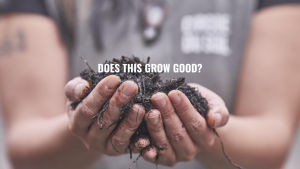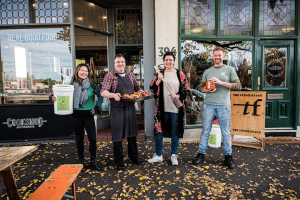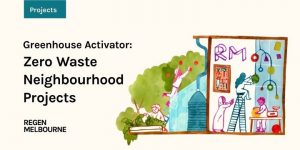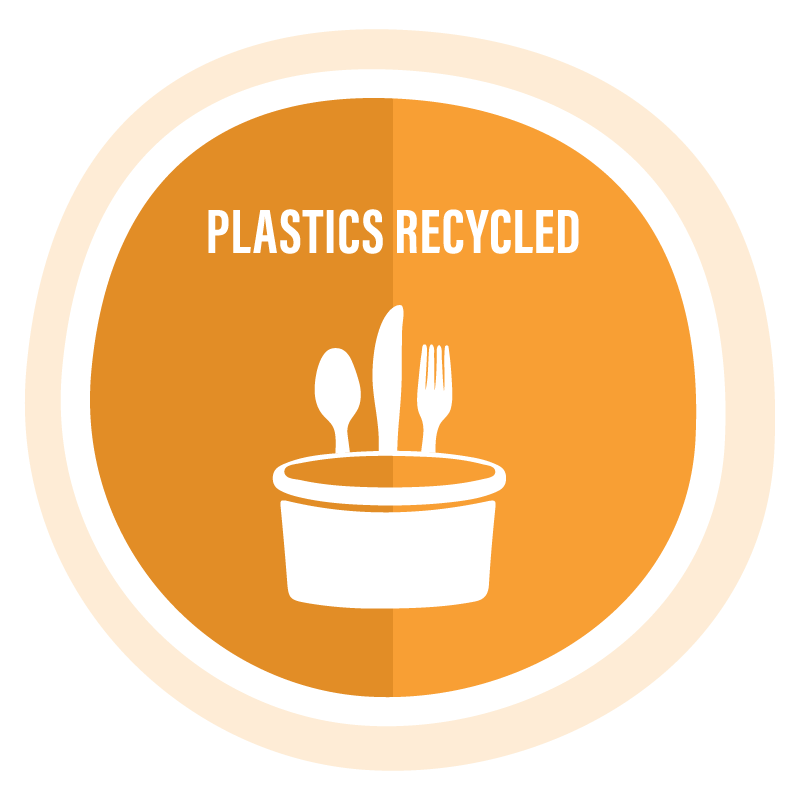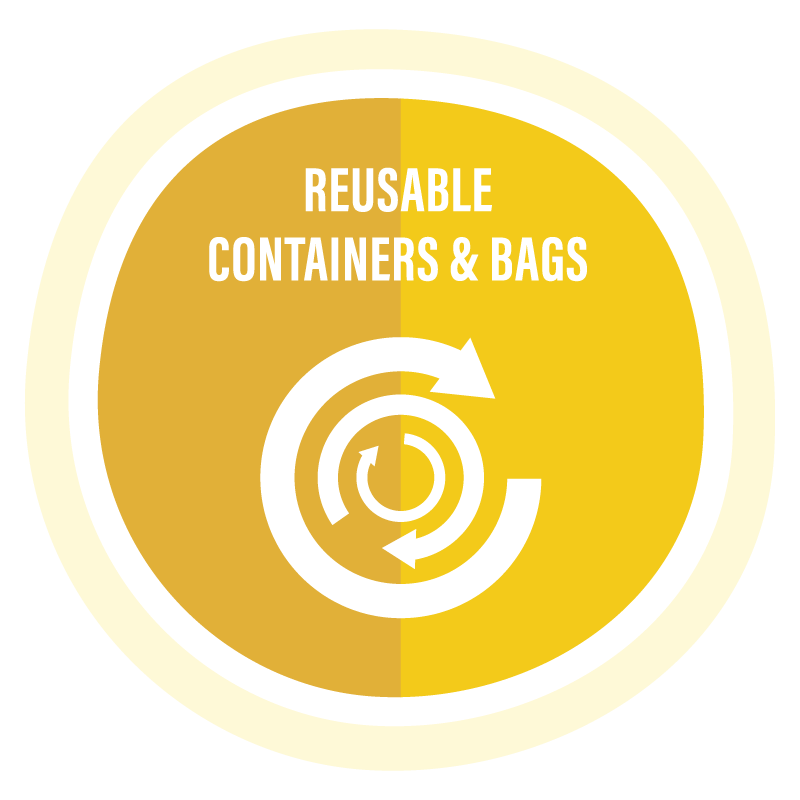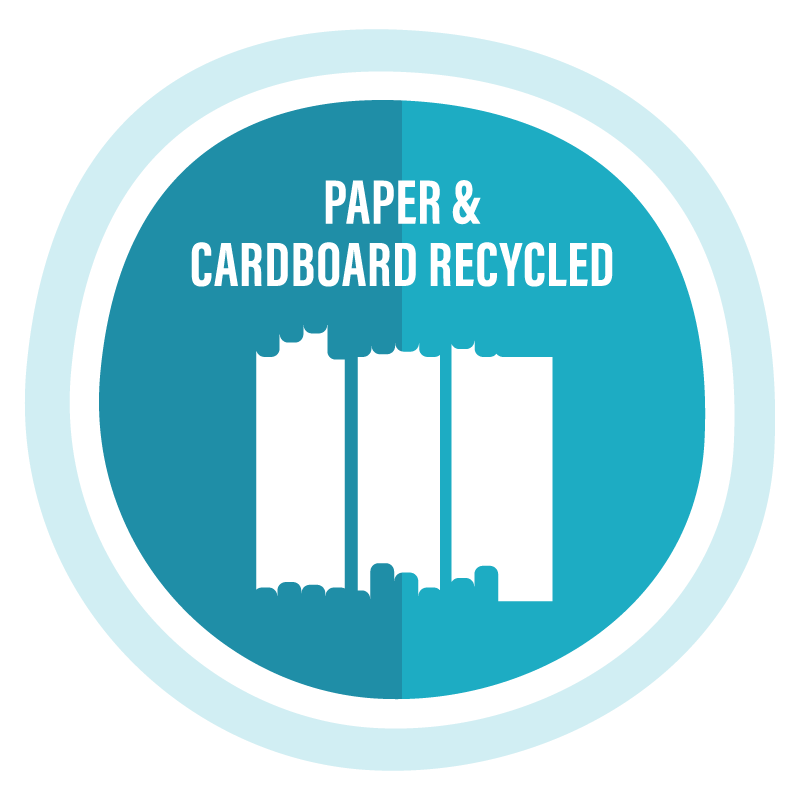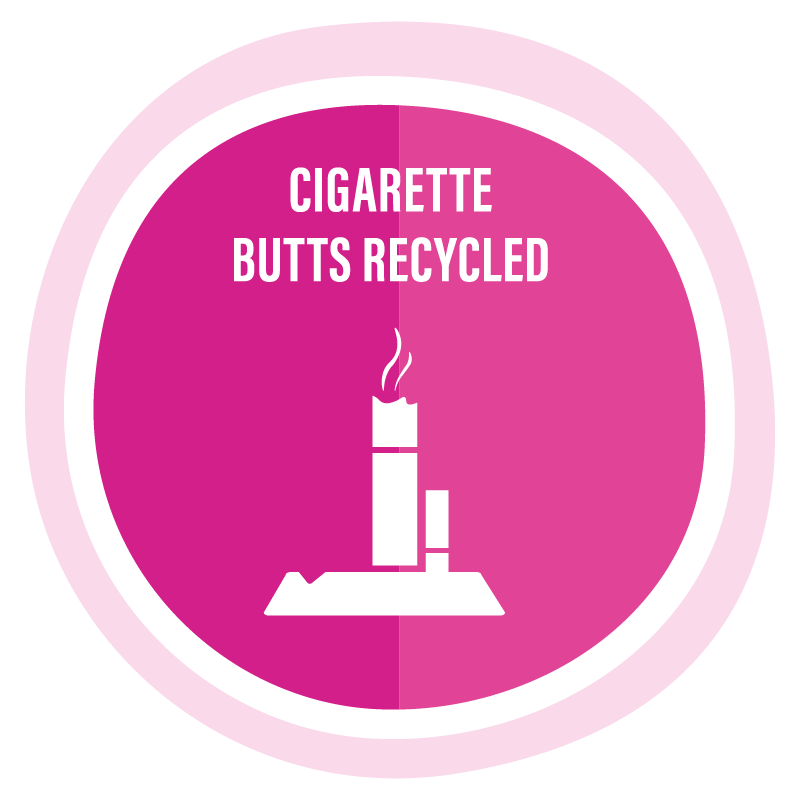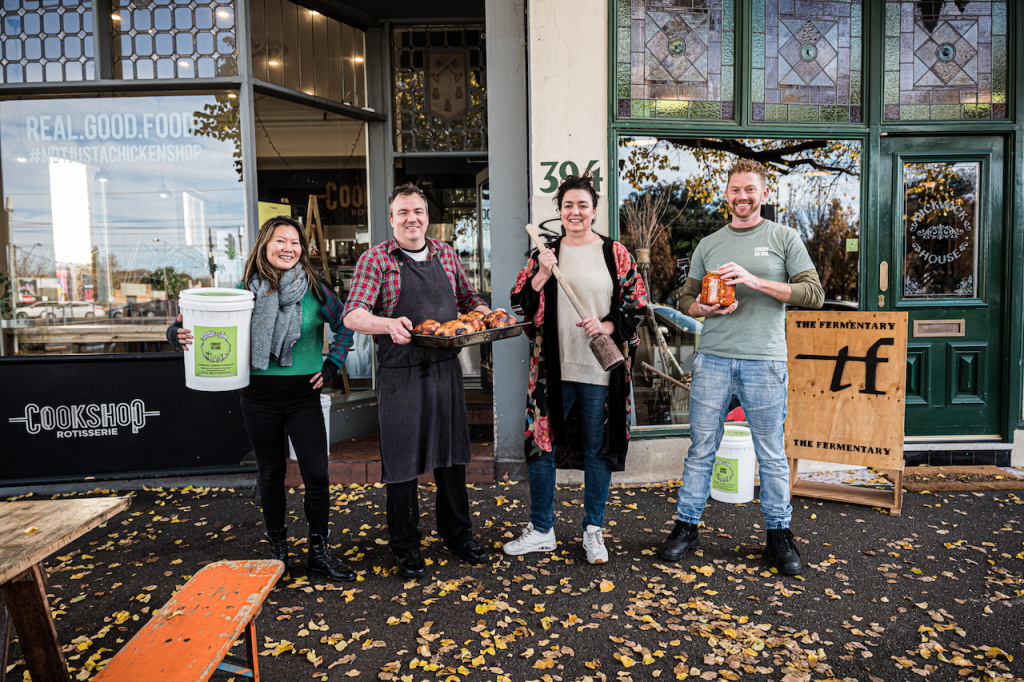
We’re thrilled to announce that we are one of the 22 recipients of Bank Australia’s 2022 Community Customer Grants – A massive thank you to Bank Australia for supporting us on this journey, we can not wait to turn these funds into a Circular Hospitality Best Practice Guide and publication to showcase our new Community Waste Collectives program, which will showcase how local traders in inner city urban precincts transition to a circular economy.
The new circular waste program will sit adjacent to the Community Compost Collective, which you can read about in this awesome write up about us here.
This financial year, they’ll be investing a total of $401,052 will be going to 22 organisations to support various projects and programs helping to create a world where people and the planet thrive, with an annual commitment of 4% of after-tax profits to their Bank Australia Impact Fund, to support purpose driven organisations like ours.
Learn more about each of the Bank Australia Community Grants 2022 recipients and their projects.
